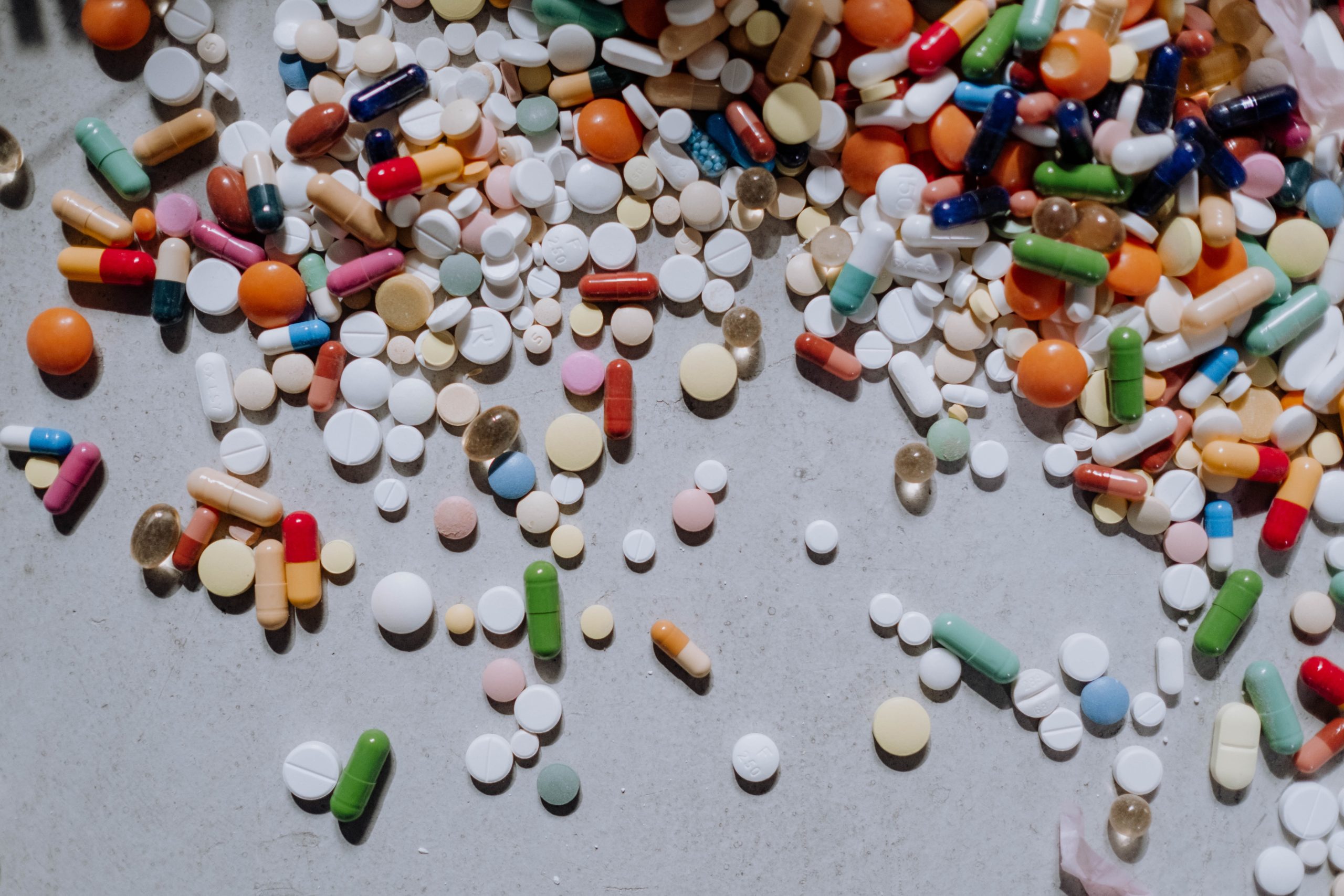Alcohol affects everyone differently and can stay in the body for different periods depending on what your body can process. The average adult can metabolize alcohol at one drink per hour, but that can fluctuate depending on several factors. Contrary to popular belief, you can’t speed up the process of feeling intoxicated with sleep, coffee, or water. Your body doesn’t consider any of those when metabolizing the alcohol you’ve consumed. The metabolism process requires time to work itself out ultimately.
Alcohol Metabolism
Just like all toxins, alcohol can’t stay in the body forever and must be eliminated. The body does this through sweat, pee, and your breath. Alcohol first enters into your digestive system after being consumed. Twenty percent of the alcohol will go into your blood vessels and your brain, and the other 80% goes into the small intestine and your bloodstream.
The liver is primarily responsible for processing the alcohol in your blood. It helps to detoxify your body. This happens when the liver produces alcohol dehydrogenase, which breaks alcohol into ketonesーalternative fuels that help restore energy when depleted. When you begin to consume more alcohol than your body can properly metabolize, your blood alcohol content (BAC) will rise, and the more you will feel the effects of intoxication. Similarly, the more you drink, the longer it takes to sober up.
Factors That Affect Alcohol Metabolism
Everybody metabolizes alcohol at different rates. There are many factors that contribute to how people are affected, so no two people’s experiences will be the same. Some contributing factors to how you might metabolize the alcohol you are drinking are:
- Your Gender: Women have fewer enzymes that break down alcohol in the stomach, leading to an overall faster rate of intoxication than men.
- Your Age: Body composition affects the absorption and effect of alcohol, and as you age, your lean body mass decreases, making you more susceptible to intoxication.
- Your Weight: Weight is very impactful to the distribution of alcohol throughout your body. Those who weigh more have more space for the alcohol to travel to, which means they will have a lower concentration of alcohol in their system.
- Your Medications: There are certain medications that you are not meant to take while drinking, and there are others that warn you of possible side effects from drinking while on them. There is a possibility for adverse effects when mixing a prescribed medication with alcohol, so make sure you’ve consulted with your doctor about the impact alcohol has on it.
- Full or Empty Stomach: Drinking on an empty stomach means that you will absorb the alcohol at a faster rate than if you had food in there to soak it up. Eating foods high in protein while drinking helps slow the rate of intoxication.
Blood Alcohol Content (BAC)
Due to the factors listed above, a person’s blood alcohol content will vary depending on who they are and how much they’ve had to drink. To find blood alcohol content, you need to know how much alcohol someone has consumed.
You can measure your blood alcohol content by doing the following equation, where “r” stands for the gender constant (r = 0.55 for females and 0.68 for males):
[Alcohol consumed in grams / (Body weight in grams x r)] x 100 = BAC
This equation will give you your estimated BAC, but other tests, such as blood tests and breathalyzers, can test for your exact blood alcohol content. Using a breathalyzer is the most common method for police officers because it instantly gives results and is portable. These tests are accurate enough to measure someone’s BAC but aren’t as specific as blood tests.
Blood tests are the most accurate way to measure someone’s BAC. When in a medical facility, it’s much easier to get an accurate number and cooperation.
How Long Does Alcohol Take To Go Through Your System?
Depending on who you are as a person and how much alcohol you’ve consumed, it will stay in your body for a different amount of time each time you drink. Different kinds of alcohol can also take longer to break down and metabolize, so a large glass of wine will take longer than a small shot of liquor.
Blood tests can detect alcohol in the system for up to 6 hours; in urine, and saliva from 12 to 24 hours; and in more extreme cases, in hair for 90 days. Hair follicle testing is highly accurate. This kind of testing is mainly used in court settings.
If you struggle with alcohol use disorder or binge drinking, alcohol may not thoroughly be flushed out of your system for up to a week after taking your last drink. You have to go through alcohol detoxification for the alcohol to be flushed out of your system.
Effects of Alcohol Detoxification
The range of alcohol detoxification symptoms goes from mild to severe, and it gradually worsens as each day passes. It can be hard to avoid drinking when your body is craving alcohol so badly that it makes you sick. Symptoms can begin up to two hours after your last drink and last for up to a week, depending on your dependency on alcohol. When going through a detox, you might experience:
- Nausea and vomiting
- Body tremors
- Hallucinations
- High blood pressure
- Mood swings and distress
- Fevers and sweating
- Seizures
Going through detox is not fun. It’s challenging, and without proper support and medical assistance, it can be dangerous to do alone. Someone going through a detox is not in the right mind to properly take care of themselves. The pain and anxiety that come with flushing out your system can be unbearable.
To protect yourself, seeking medical help is critical during this time. There are places you can go to be cared for and monitored while you detox. This is especially recommended for heavy drinkers because the side effects could be much worse as it might put your body into shock.
Getting Help with Soba Recovery
If you or a loved one require assistance to help flush the alcohol out of your system safely and responsibly, consider getting help with Soba Recovery Centers. At Soba we offer individualized recovery plans to help get you to live a happy, substance-free life. Asking for help can be intimidating, but we want to make it as easy as possible. We offer in-patient residential programs, detoxification programs, outpatient programs, sober living, and group therapy, so you’ll be sure to find the right program for you.
Our locations are in Mesa, AZ, and San Antonio, TX. Reach out to a representative today to learn more about how we can be of service to you. You deserve to get the help you need!
Sources:
Factors That Affect How Alcohol is Absorbed & Metabolized | Stanford University
Widmark Formula: Steps for Calculating BAC | Wisconsin State Public Defenders




